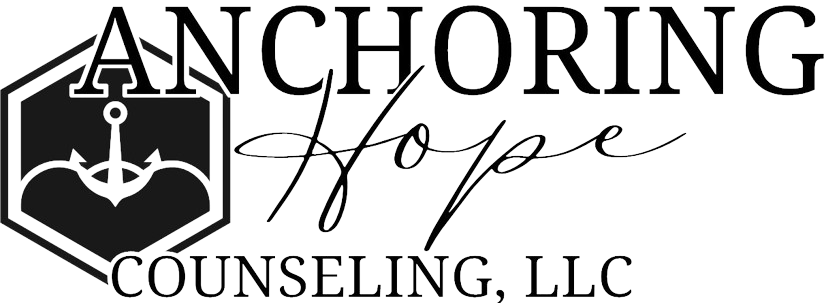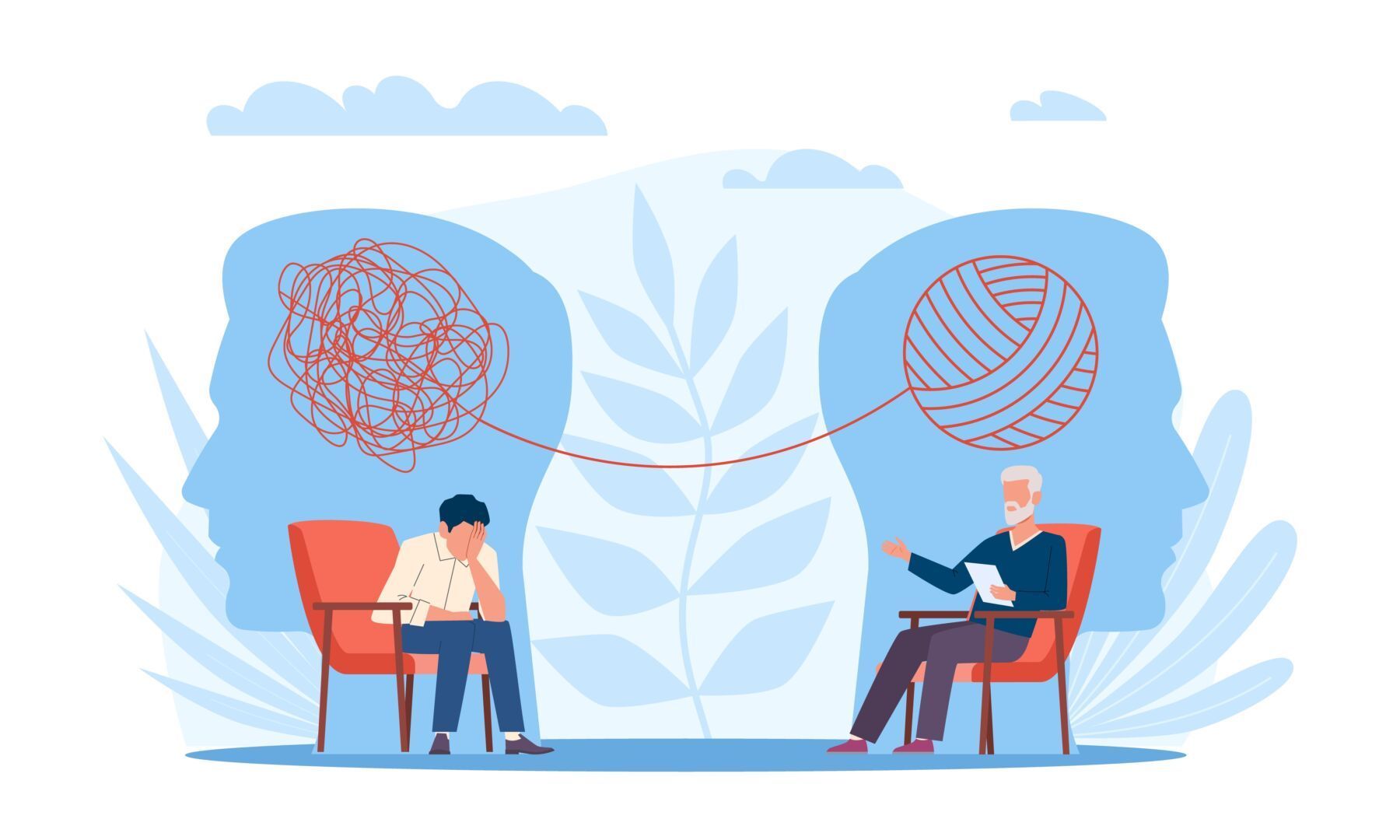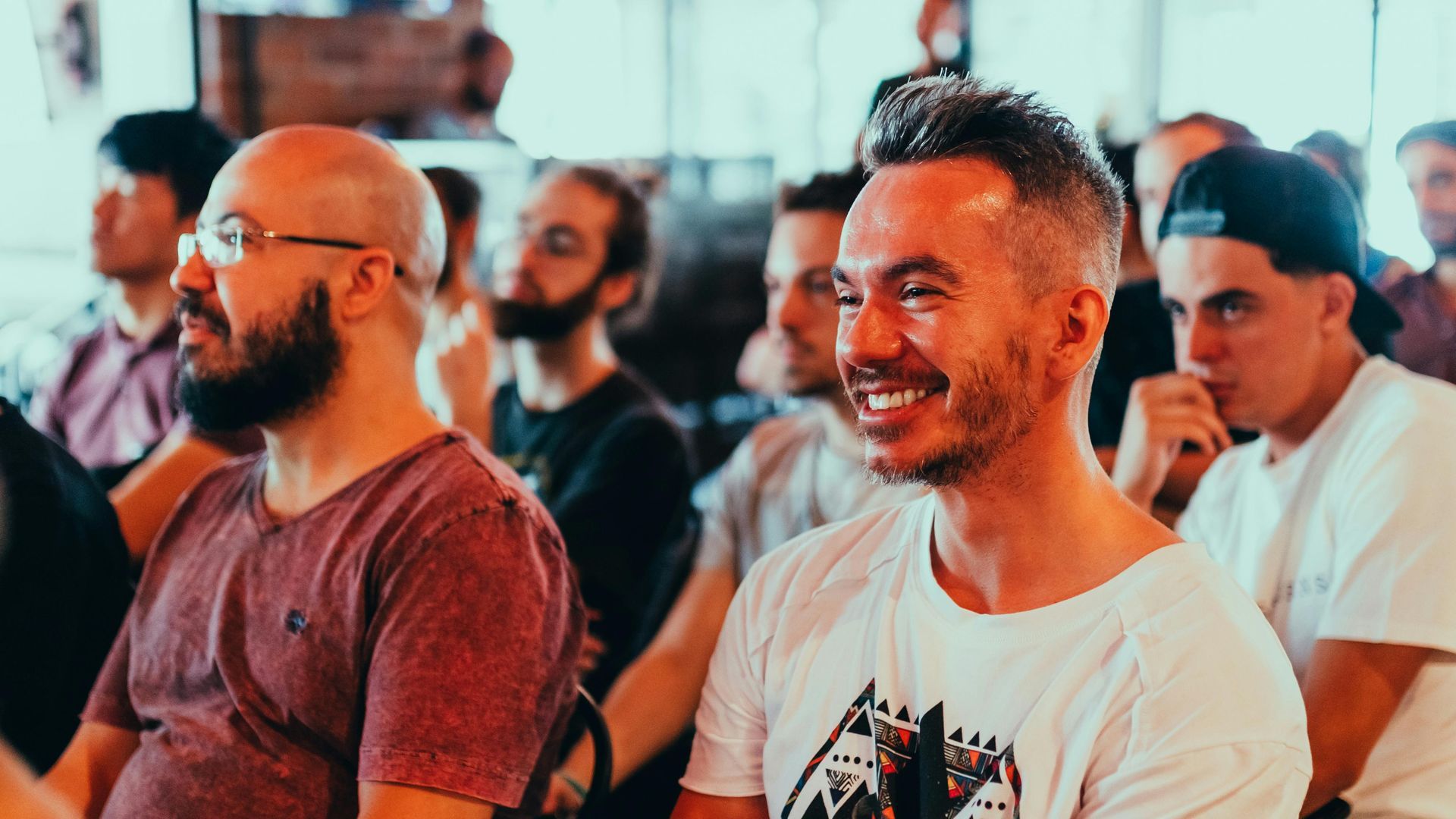Published in Authority Magazine originally, and copied from www.medium.com
Decide What Truly Needs Your Attention: Evaluate your tasks and responsibilities to determine what truly requires your attention. Identify what you need or want to do, delegate where possible, and seek help when needed. Balancing fun and work ensures you remain productive without burning out.
“Hustle Culture” is an ethos often propounded by young self-proclaimed internet gurus that centers around the idea that working long hours and sacrificing self-care are required to succeed. This mentality may have gained popularity in the mid-2010s, but it has peaked, and now it has been sardonically renamed “Burnout Culture.” So why exactly is Hustle Culture the wrong path to take? What damage can it cause? What is a viable, sustainable alternative to hustle culture? How can we move from Frenzy To Focus? In this interview series, we are talking to business leaders, mental health leaders, marketing experts, business coaches, authors, and thought leaders who can share stories and insights about “How We Can Cancel Hustle Culture And Create A New Sustainable Work Paradigm.” As a part of this series, I had the distinct pleasure of interviewing Stephanie Strouth, CEO & LPC at Anchoring Hope Counseling.
Stephanie Strouth has been in the mental health field specializing in PTSD and anxiety since 2016. She opened Anchoring Hope Counseling in 2020 where her team helps people find peace in the chaos of life without the uncertainty. Through her position as CEO, she avidly supports healthy work/life balance for her team so that they can provide premiere services to the clients who choose AHC.
Thank you so much for joining us in this interview series! Before we dive in, our readers would love to know how you got from “there to here.” Inspire us with your backstory!
After becoming a mom at 17, I had something to prove to my family and society: that I could still contribute despite the statistics stacked against me. Did you know that only 40% of teenage mothers will graduate high school (compared to 90% who don’t become mothers), and fewer than 2% will graduate college by the age of 30? With my son in tow, I endured a terrible marriage, graduated with an associate’s degree, a bachelor’s degree, and then a master’s degree. This path led me to my amazing husband, my now 17-year-old son, and his 3-year-old brother. Oh, and a thriving mental health private practice employing 9 incredible people (and growing).
Tell us about your typical day!
My schedule is better explained looking from a week perspective. For work, I see 10–15 clients per week, am developing an app with coping skills for anyone to use, and fill the rest of my time with administrative duties. After daycare, we play on the trampoline, on the slip-n-slide, and feed ducks. We also go out to eat, and I occasionally sneak to my office to use our Soundbed.
What lessons would you share with yourself if you had the opportunity to meet your younger self?
“You will mess up, and that will help you reach new heights if you allow it to.”
Ok, thank you for sharing your inspired life. Let’s start with a basic definition to make sure that all of us are on the same page. How do you define Hustle Culture?
I think Burnout Culture is a better phrasing and will use that because the connotation fits better. Burnout Culture is ascribing to the belief that to succeed in society, you must endlessly contribute or provide value, to your own detriment, giving until you have nothing left to give.
Now let’s discuss an alternative to Hustle Culture. To begin, can you share with our readers a bit about why you are an authority on the problems that come with Hustle Culture?
As a mental health practitioner and business owner, I see the effects of burnout on a daily basis. I see them in my clients. I see them in potential employees. I see them in my own life’s experiences. It helps that I also develop and present trainings on stress and burnout in the workplace. I often work with people who have been “on” for so long, they don’t know how to shut off and relax. A state has become a trait, and it takes intentional effort to make the shift back to a healthy balance. I help people do this frequently.
The specific term “Hustle Culture” may have been popularized in the 2010s, but the concept behind it and the behaviors that come with it can be traced back hundreds or perhaps even thousands of years. From your vantage point, experience, or research, what were the main drivers of Hustle Culture?
I think at the core of Burnout Culture is survival. I recently watched the movie Oppenheimer, which beautifully presents the drivers of Burnout Culture. They rushed to build a town so that scientists could move their families and essentially work 24/7 to create an atomic bomb before Hitler did. Once Hitler was defeated, they continued the race identifying the Japanese as the new threat, and they finally achieved their goal. The main driver of Burnout Culture is fear. There is the fear of missing out, the fear of not being good enough, the fear of worthlessness, the fear of competition, the fear of not meeting some specific metric, the fear of being a statistic. Fear has been a motivator for a very long time. Only now are we opening our eyes to realize the long-term effects it has.
I work in the marketing industry, and so I’m very cognizant of this question. What role do you see that marketing and advertising has played in creating the frenzy caused by Hustle Culture that many of us feel?
Marketing and advertising efforts sometimes capitalize on people’s fears like I mentioned above. If we are constantly inundated with product after product or person after person who is doing “better” than we are, we are pressured to work more to buy more, make more, produce more in a never-ending cycle of more. We have to be aware that the purpose of most marketing and advertising efforts is to convince us that we need something we don’t currently have. No wonder many of us struggle to feel happy exactly where we’re at.
Can you help articulate the downsides of Hustle Culture? Why is this an unsustainable work paradigm?
In therapy, the phrase “a state becomes a trait” is often used to describe the long-term effects of certain experiences. If you are exposed to a situation that causes stress (a stress state), your body can recover from that fairly well. If you are repeatedly exposed to stress over and over and over, your body begins to function in a constant state of fight/flight/freeze/fawn to become a personality trait. Stress is meant to be temporary, not lived in. When we live in it, our body runs on the fuel of adrenaline, cortisol, and norepinephrine- all brain chemicals associated with stress affecting our moods, behaviors, and physiological responses. We become like the cheetah chasing prey (our goals), but a cheetah can only maintain the burst of speed for a short distance and has to recover from the chase. It’s harder for us to be attuned to our mental endurance than our physical endurance, especially when the traits we have used push us to ignore our needs.
Let’s now discuss Focus, the opposite of Frenzy. Can you please share one area of your personal or business life where you simplified things and then felt less frenzied and more fulfilled? Can you please explain?
All my life, I had a to do list of the things I wanted to achieve, and now I’ve almost achieved them all. Recently, I’ve wrestled with the question, “What’s next?” I didn’t know how to fuel my next steps without anxiety and fear pushing me forward. I didn’t know what that life even looked like because I’ve never seen it from anyone close to me, but I got my answer on a recent journey into the unknown.
I was climbing this mountain. It was so tall I asked myself, “How freaking tall is this thing?!” And then, I reached the top. Not only did I reach the top, but my momentum propelled me upward above the mountain top. I saw the stars, the galaxies, the pure magnitude of life. It was beautiful. Next, I felt a shift. I was no longer rising upward, but neither was I falling. I was flying. I was an eagle poised, focused, and confident diving with intention and my eye on what was ahead.
The funny thing is, I have no idea what’s ahead, but I know with 100% certainty that every trial I encountered climbing that mountain has given me the confidence to fly. This is the difference between climbing in a state (or trait) of frenzy and moving to a place of focus. This is the difference between living in survival mode and truly thriving. It’s the difference between moving forward in fear climbing the mountain to feel worthy and instead becoming focused and confident on what matters to your soul. It’s not a confidence that you can stop bad things from happening, but it is a sense of security within who you are and who all the challenges you have been through has created. It’s believing in your soul that failing at something doesn’t make you a failure. It’s knowing that challenges are sometimes where you grow the most. This is where I simplified things: my mindset.
What life experiences have you adopted in your business or personal life that have left you more satisfied? Can you please explain?
I read a meme today that said, “You can’t change the people around you, but you can change the people around you.” That resonated hard-care with me because when you are a recovering people pleaser, it’s hard to set boundaries with others. Once you sift through all of the icky feelings from setting boundaries, you get a much clearer picture of why they were so necessary (and feel much more strongly that you made the best decision to protect your peace).
Okay, fantastic. Here is the main part of our interview. In your opinion, how can we break the addiction to being busy or trying to find the next big thing? How can people truly focus on tasks that make THE difference to their business and lives giving them satisfaction or life purpose alignment? Based on your experience and your area of expertise, can you please share “Five Ways To Move From Frenzy to Focused”?
Separate Your Values from Others’ Expectations: Eliminate the noise and pursue what sets your soul on fire, not what makes others happy. By focusing on your own values and passions, you can channel your energy into what truly matters to you.
Build Self-Confidence: Work hard to build your confidence and self-appreciation based on your own internal triumphs rather than external accolades. Cultivate a sense of self-worth that is independent of others’ opinions, and you’ll find it easier to stay focused on your goals.
Look for the Glimmers: Seek out the small, positive moments in your day. These “glimmers” can provide a sense of joy and motivation, helping you stay focused and positive even during challenging times.
Decide What Truly Needs Your Attention: Evaluate your tasks and responsibilities to determine what truly requires your attention. Identify what you need or want to do, delegate where possible, and seek help when needed. Balancing fun and work ensures you remain productive without burning out.
Practice Mindfulness: When we are 100% present and focused, we (and our relationships) flourish. Put the phone down, and be present. “There’s no present like the present.”
How would you describe a work paradigm that is a viable alternative to Hustle Culture? What would it look like, and what would you call it?
I would call it People over Profit. Yes, from a business perspective, it’s absolutely imperative that a company maintain profitability (or it won’t exist); however, a company’s culture directly influences its profitability. By prioritizing its people (both customers AND employees), productivity increases, turnover decreases (along with training expenses), and customer satisfaction skyrockets. It’s the difference between getting your coffee from the grumpy drive-thru worker versus the chipper worker who wishes you a nice day with a smile. It’s the difference between walking into work dreading the day versus feeling valued for who you are and what you bring to the table. Whether an employee or customer, we always remember how someone made us feel.
Do you have any favorite books, podcasts, or resources that have inspired you about working differently?
I’ve actually been using my own app to help reduce restlessness, anxiety, anger, and sadness and increase connecting to moments of happiness which helps me be a better leader and handle situations more positively. Join our mailing list at www.ahchope.com/blog to be the first to know about its release!
You are a person of great influence. If you could inspire a movement that would bring the most amount of good to the most amount of people, what would that be? You never know what your idea can inspire.
Read the book Pay It Forward by Catherine Ryan Hyde. You start by doing good deeds for 3 different people and then ask them to do 3 good deeds for others. I can’t claim this as my idea, but I echo the sentiment as beautifully impactful.
What is the best way for our readers to continue to follow your work online?
Our website at www.ahchope.com or on our Facebook Page at www.facebook.com/ahchope and IG at ahchope20.
This was very inspiring. Thank you so much for the time you spent on this. We wish you only continued success.
















